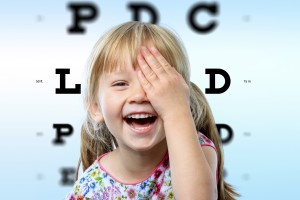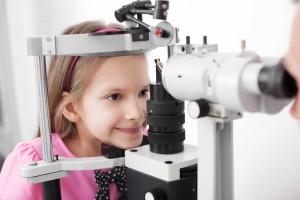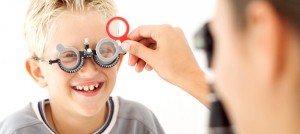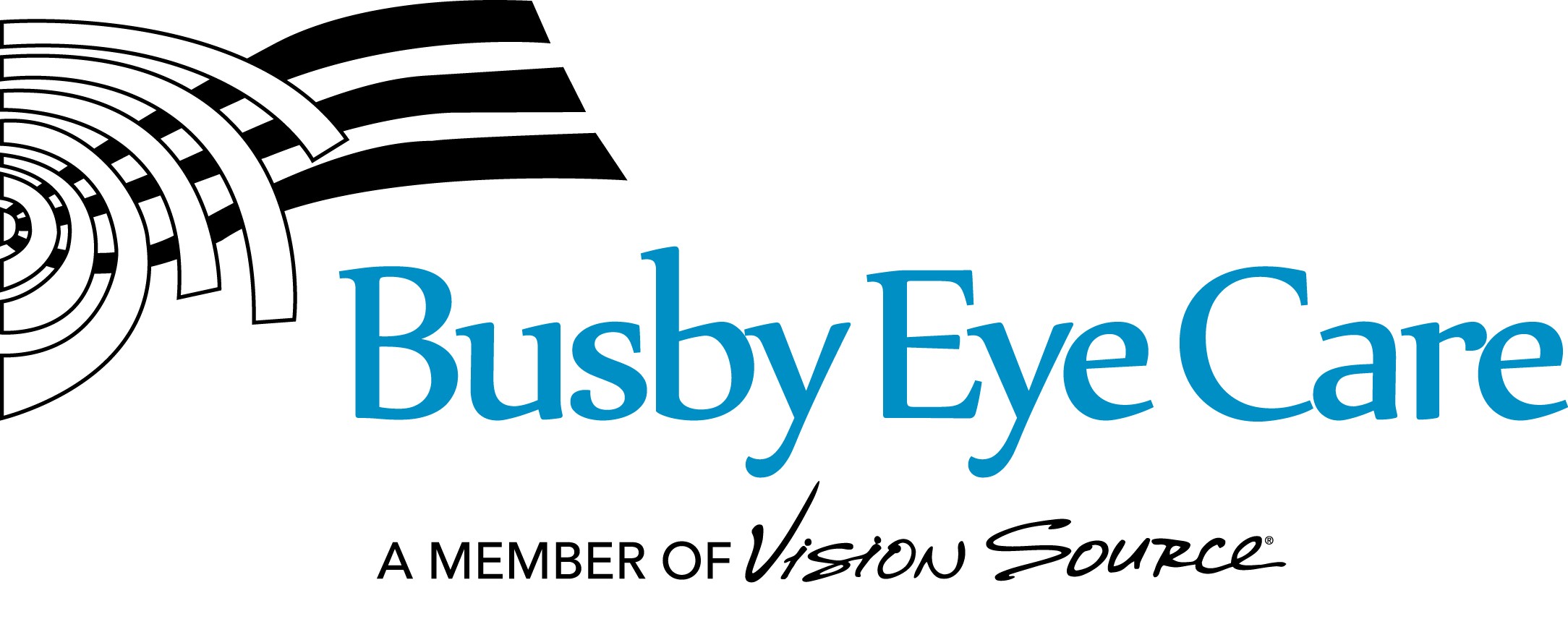All of our doctors see pediatric patients on a regular basis and have seen patients as young as 6 months old! We even offer free eye exams from 6 months to 12 months old, called InfantSEE exams.
Eye exams for children are extremely important because 5 to 10 percent of preschoolers and 25 percent of school-aged children have vision problems. Early identification of a child’s vision problem can be crucial because children often are more responsive to treatment when problems are diagnosed early.
Early eye exams also are important because children need the following basic skills related to good eyesight for learning:
- Near vision
- Distance vision
- Binocular (two eyes) coordination
- Eye movement skills
- Focusing skills
- Peripheral awareness
- Hand-eye coordination

Are Vision Screenings at school good enough?
While vision screenings are a great tool that can uncover some vision problems, they can miss more than they find. This is a major concern about vision screening programs.
Current vision screening methods cannot be relied on to effectively identify individuals who need vision care. In some cases, vision screening may actually inhibit the early diagnosis of vision problems. Screenings can create a false sense of security for those individuals who “pass” the screening but who actually have a vision problem. These people are then less likely to receive treatment for their vision problem-and it could become worse.
Undetected and untreated vision problems can interfere with a child’s ability to learn in school and participate in sports. They can also affect an adult’s ability to do their job or to drive safely. The earlier a vision problem is diagnosed and treated, the less it will impact an individual’s quality of life.

Specialized equipment and procedures, which are not available as part of a vision screening program, are needed to adequately evaluate your eyes and vision.
Only an optometrist or ophthalmologist can conduct a comprehensive eye and vision examination. These doctors have the specialized training necessary to make a definitive diagnosis and prescribe treatment.

A comprehensive adult eye and vision examination includes:
- Patient and family health history
- Visual acuity measurement
- Preliminary tests of visual function and eye health, including depth perception, color vision, peripheral (side) vision and response of the pupils to light
- Assessment of refractive status to determine the presence of nearsightedness, farsightedness or astigmatism
- Evaluation of eye focusing, eye teaming and eye movement abilities
- Eye health examination
- Additional tests as needed
Vision screening programs can’t substitute for regular professional vision care. Children or adults who pass a vision screening could still have an eye health or vision problem. Professional examinations are the only effective way to confirm or rule out any eye disease or vision problem.

